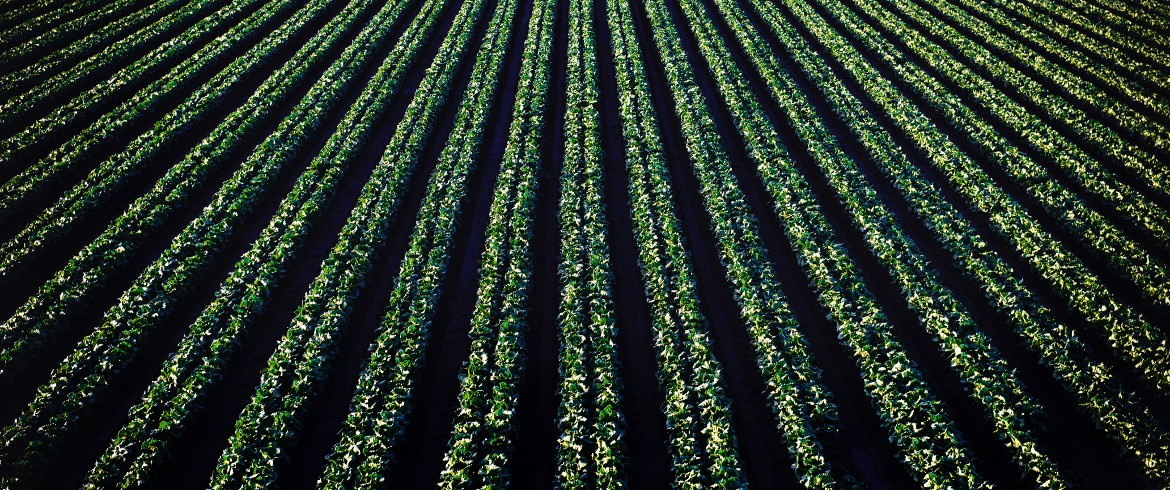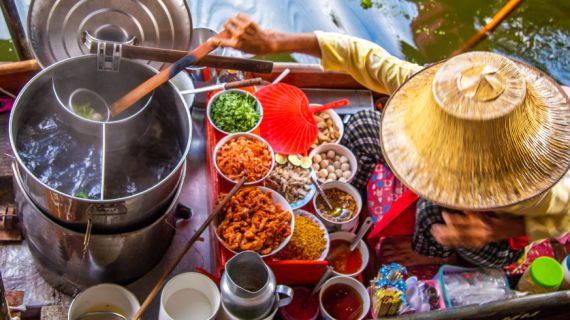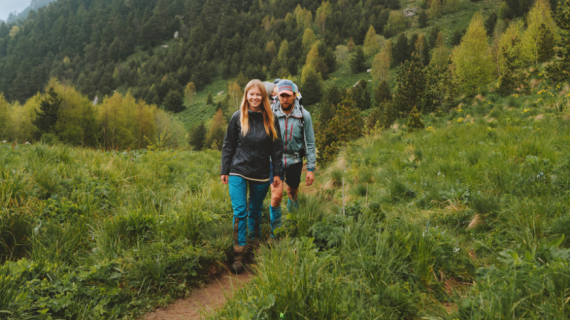Austria is the first European country to ban glyphosate, a pesticide that for a long time has been at the center of a debate that divides Europe into two sections: some nations support the use of this herbicide, unlike other countries (including Italy itself), that are actually aware of the considerable damage caused by this substance and due to this, they are fighting to limit its use.
Following the “precautionary principle”, the Vienna Parliament has decided (with the support of the Socialist Group and the Freedom Party) to ban glyphosate in order to protect its own population and prevent people from possible damage caused by the RoundUp (trade name of glyphosate).
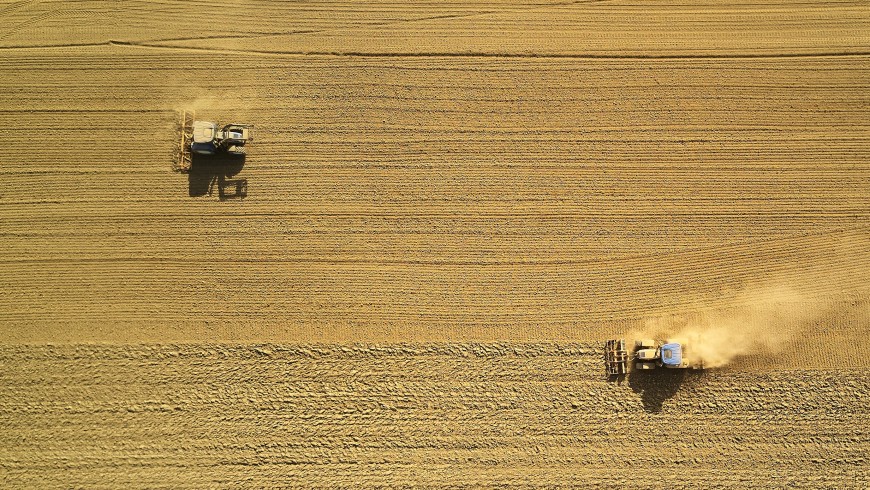
We are talking about “possible damage” because, after several scientific studies, the results seem to be opposing: some scholars have included glyphosate among the “probably carcinogenic” substances; on the contrary, the European Food Safety Authority (EFSA) claimed that glyphosate would be unlikely to cause carcinogenic diseases for humans.
Austria becomes the first EU country to ban Glyphosate
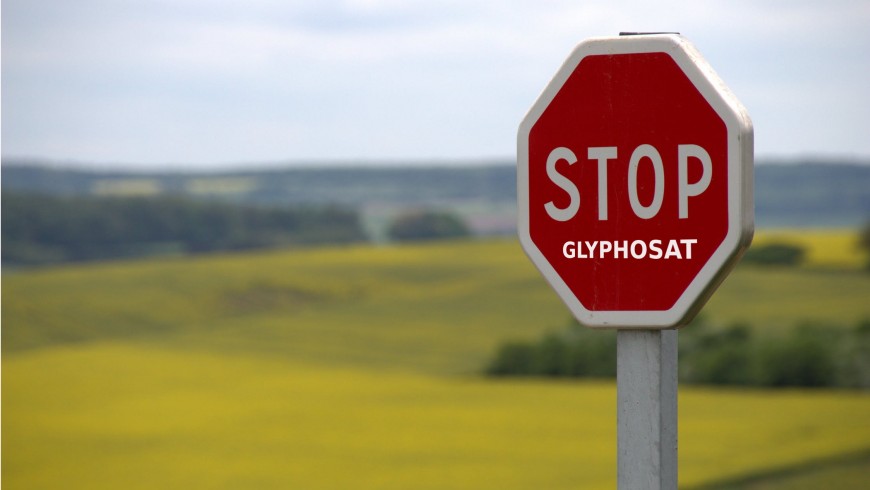
With such controversial positions, is it right now possible to ban the use of this pesticide at a national level? Even when the European Union allows the commercialization of glyphosate until December 2022?
Absolutely yes, according to the great step forward that Austria has decided to make by safeguarding its population and paying attention to the protection of the environment.
While waiting for the EU to take a final stand, many countries could nationally restrict or ban pesticide use. No less important, along with the positions of institutions and companies, are the choices of consumers: if we all became more eco-friendly and we thought about how strong our choices are on the market, we would probably realize that we are able to start a revolution in order to give to ourselves and to future generations a better life perspective.
